Washington Water Main, May 15: Senate Passes Major Water Infrastructure Bill
The Water Resources Development Act, with $US 20 billion for national water-infrastructure funding, faces a more skeptical House of Representatives next.
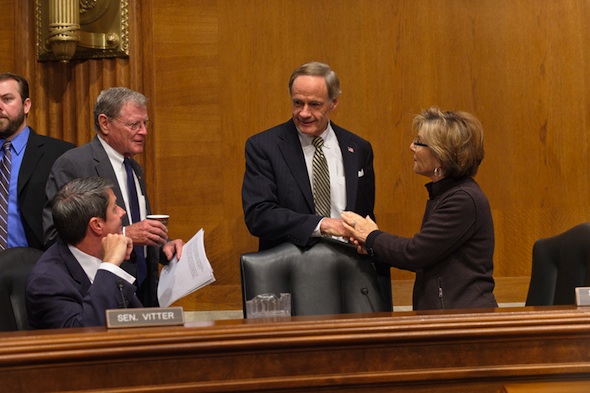
On Wednesday, for the first time since 2007, the Senate voted 83-14 in favor of a renewed Water Resources Development Act (WRDA).
The bill authorizes major national water-infrastructure projects for the U.S. Army Corps of Engineers in coastal storm and flood protection, waterway navigation access, ecosystem restoration. Without specifically mentioning climate change — in an effort to avoid Republican obstruction in Congress — WRDA still authorizes scientific studies and extreme-weather mitigation projects, anticipating more severe storms in the future.
“The bill approved by the Senate today is a step forward in adopting a more rational, cost-effective, watershed-based approach to water resource management,” Bob Bendick, The Nature Conservancy’s director of U.S. government relations, said in a statement.
Bipartisan support ushered WRDA along since it was unanimously approved by the Senate Environment and Natural Resources committee in March. Co-authors Barbara Boxer ( D-California), the environment committee chair, and David Vitter (R-Louisiana), the committee’s ranking member, often focused on WRDA’s job-creating potential: they estimate up to 500,000 new positions.
However, both sides still voiced concerns about the bill.
A coalition of conservation groups argued that WRDA’s Project Acceleration section made it too easy to avoid necessary regulatory environmental reviews for the Army Corps’ work.
In response, Boxer and Vitter agreed to ‘sunset’ that provision, or discontinue it in 10 years pending a formal renewal.
The Nature Conservancy said in a news release that, despite their ongoing objections to several provisions, they were pleased about the “substantial net environmental benefits” promised by the legislation.
WRDA’s price tag will likely be the bigger hurdle to its potential final passage. The Congressional Budget Office’s estimate places the overall cost at $US 12.5 billion over 10 years.
The Obama administration said last week that WRDA effectively triples federal spending on harbor maintenance with no promised national-scale return on investment.
Lawmakers in the House of Representatives, The Hill reported, have also voiced concerns that the Obama administration could pick which water facilities are funded.
Follow the Water Main to track WRDA’s progress toward a House vote.
is a Washington, D.C–based correspondent for Circle of Blue. He graduated from DePauw University as a Media Fellow with a B.A. in Conflict Studies. He co-writes The Stream, a daily summary of global water news.

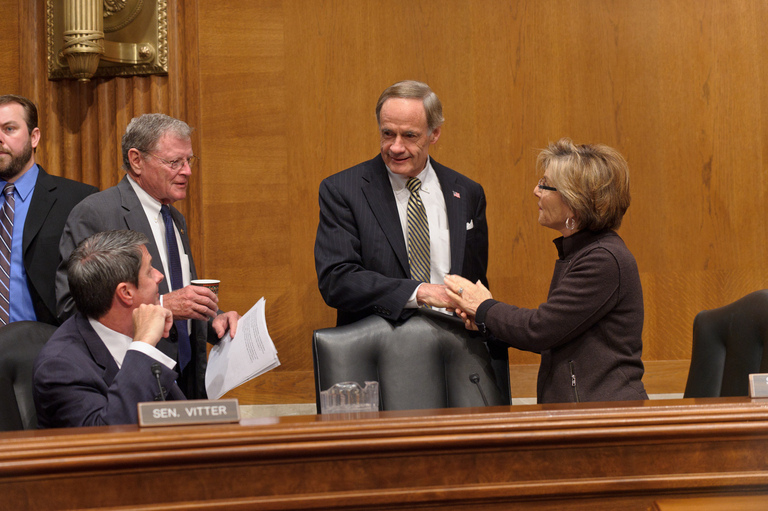
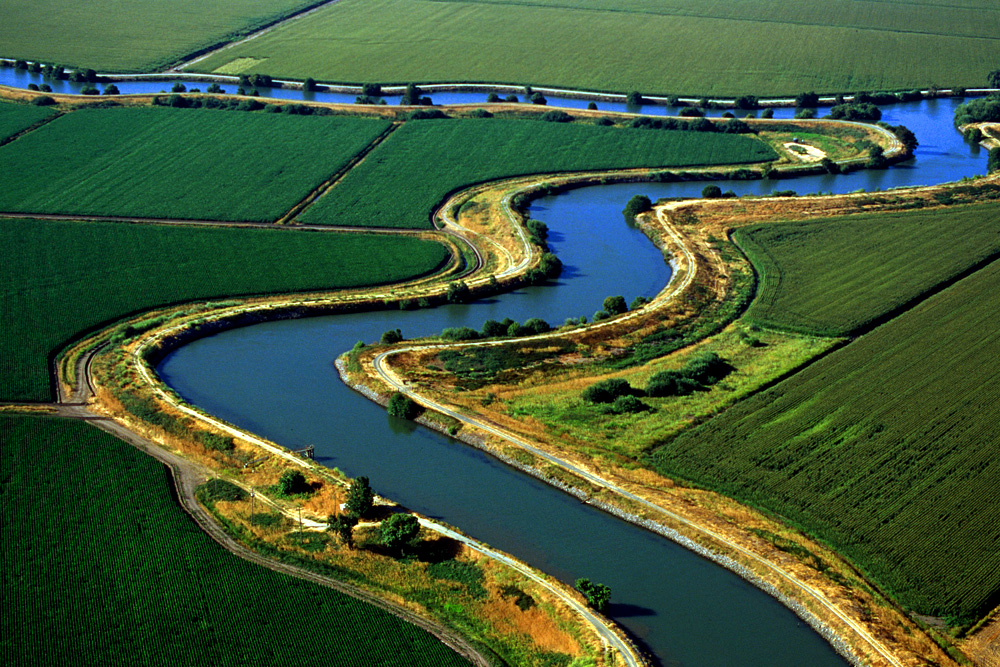
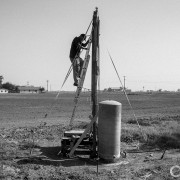


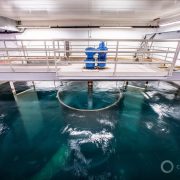


Leave a Reply
Want to join the discussion?Feel free to contribute!